Building efficient infrastructure for electric trucks comes with a range of challenges that must be addressed for wide-scale adoption. From the high cost of charging stations to the demands on the power grid, these hurdles require innovative solutions. As electric trucks gain popularity, overcoming these obstacles is essential to creating a reliable and sustainable transportation network. Here’s a look at some of the most pressing challenges.
Contents
Limited Charging Stations
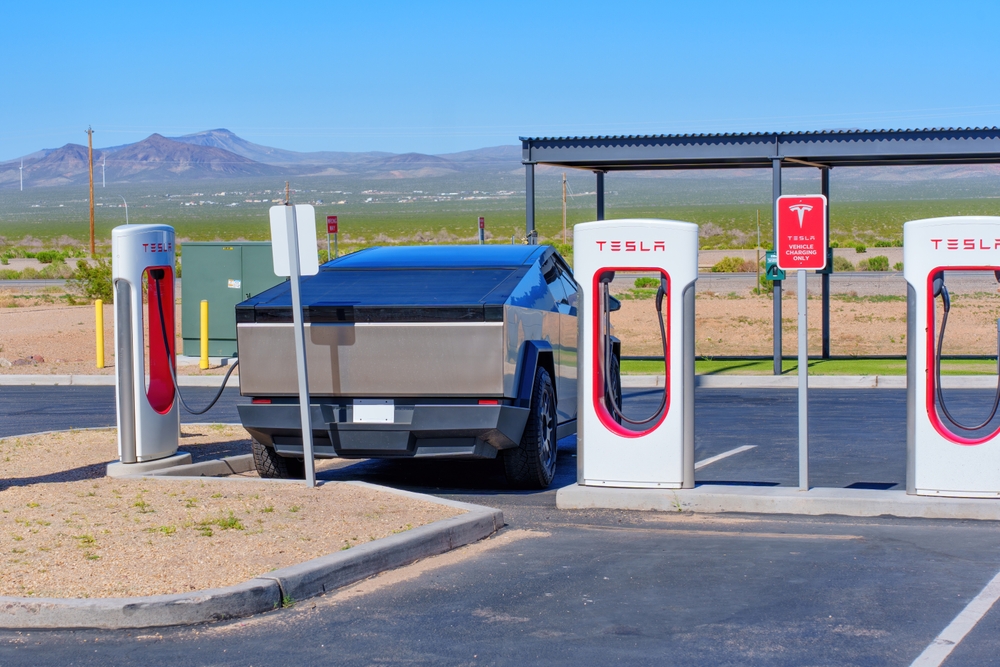
The shortage of charging stations along major freight routes is one of the key hurdles for electric trucks. Unlike gas stations, electric charging infrastructure is still in its developmental stages, leaving many areas without the necessary facilities. This gap affects long-haul trucking, where the lack of charging options limits the viability of electric vehicles. Addressing this issue will require significant investment and a coordinated expansion plan.
High Upfront Costs

Constructing infrastructure for electric trucks involves substantial initial costs, especially for heavy-duty charging stations. These stations require high-capacity chargers, which are considerably more expensive than those for passenger cars. For many companies, this presents a barrier to transitioning from diesel fleets to electric. Financial incentives or subsidies could help mitigate these costs and encourage adoption.
Grid Capacity and Stability
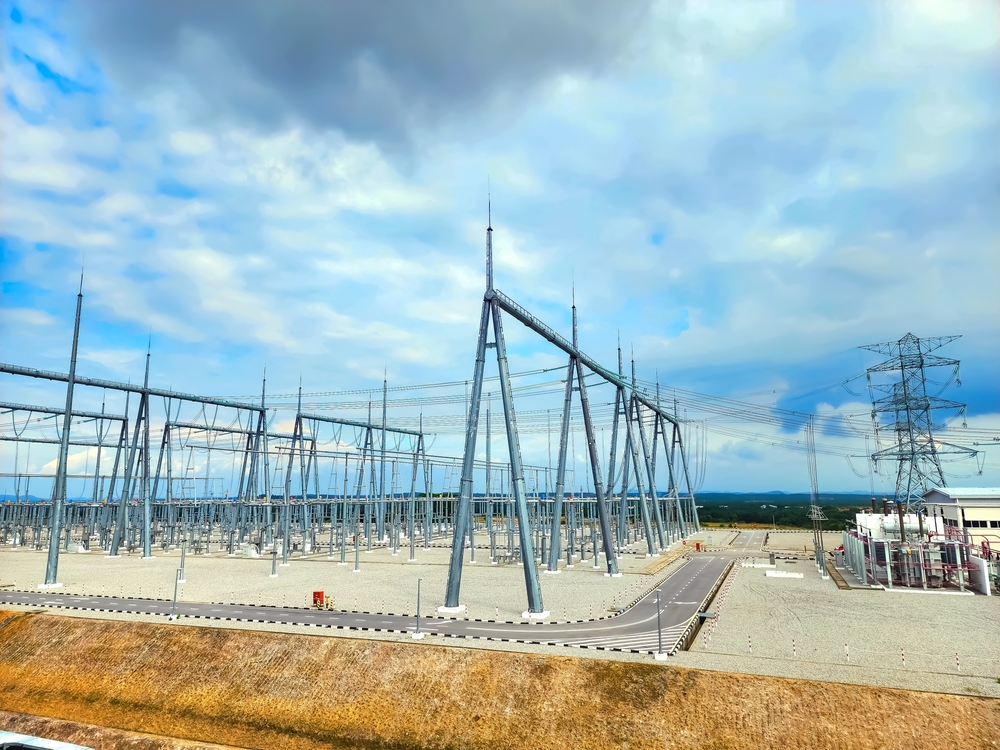
The current electrical grid wasn’t designed to handle the high energy demands of electric truck fleets. Fast-charging multiple trucks simultaneously could overload local grids, leading to stability issues or even outages. Upgrading grid infrastructure is crucial to support the expected increase in electric truck usage, particularly in high-traffic freight zones. Without these upgrades, the system could face serious strain as more electric trucks hit the road.
Long Charging Times
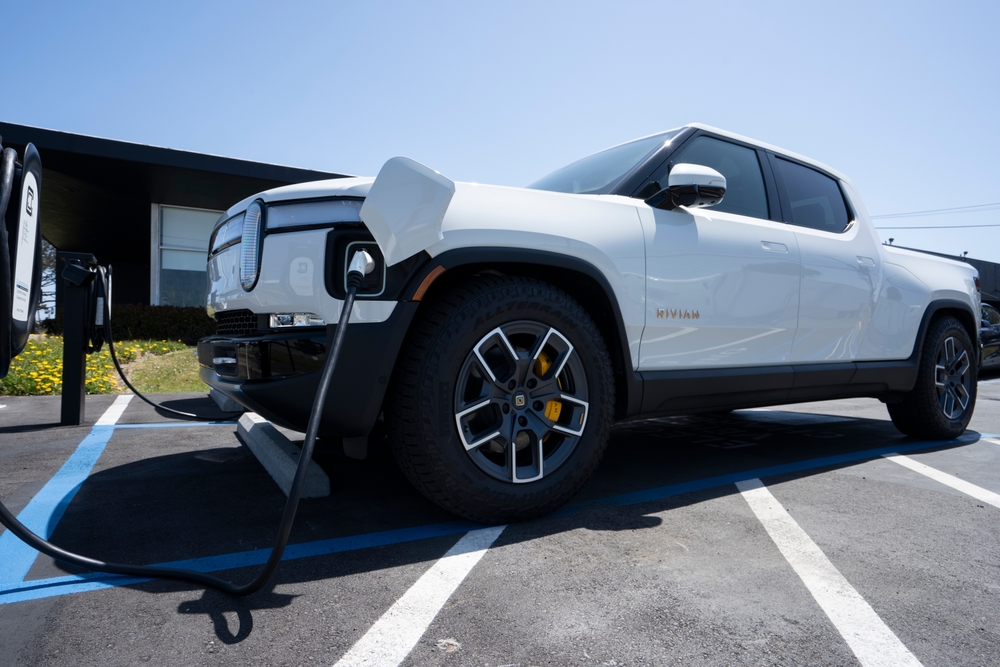
Even the fastest chargers for electric trucks take significantly longer than refueling a diesel vehicle. This extended downtime can reduce efficiency for logistics operations that rely on quick turnarounds. As a result, companies may face delays or increased operational costs. Advances in battery technology, such as ultra-fast charging solutions, are needed to minimize these delays.
Range Limitations
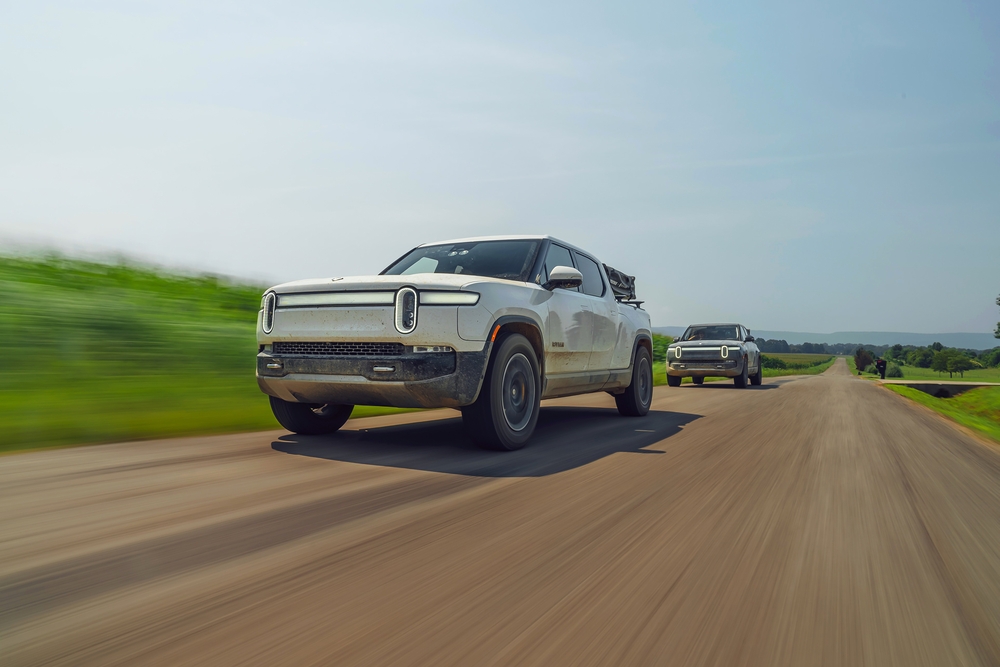
Compared to diesel trucks, electric trucks tend to have a much shorter range, making long-distance hauling a challenge. The limited range is exacerbated by the scarcity of charging stations on key freight routes. Until battery technology improves, electric trucks will remain more suitable for short or regional routes. Expanding charging networks could help ease range anxiety, but for now, it’s a significant limitation.
Battery Weight
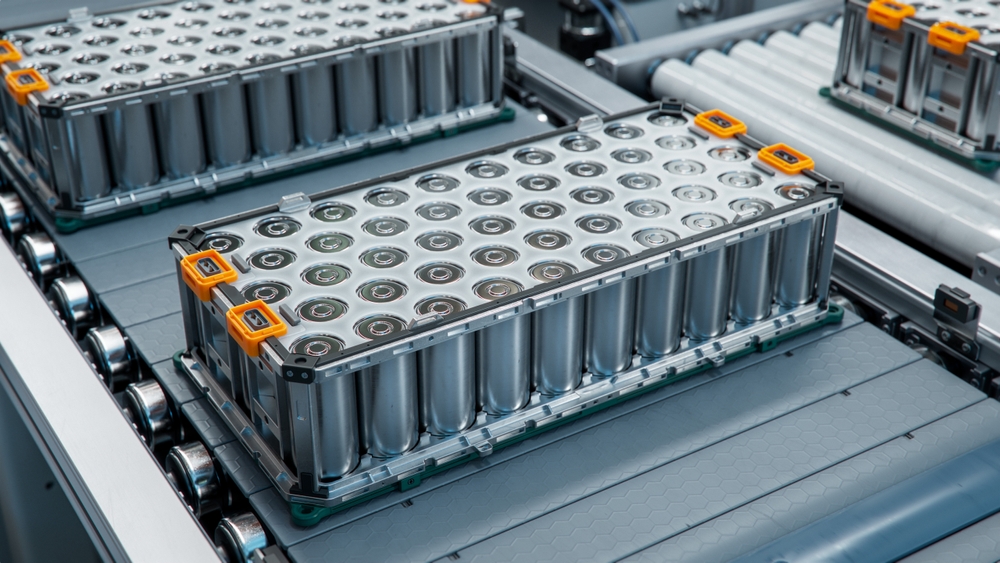
The large batteries required for electric trucks are heavy, which directly reduces the vehicle’s payload capacity. This can lead to decreased profitability for businesses, as they might have to carry less cargo to stay within legal weight limits. Reducing battery weight without sacrificing range is an ongoing challenge in the development of electric trucks. Finding a balance between battery efficiency and cargo capacity is key to making electric trucks more viable.
Lack of Standardized Charging Ports
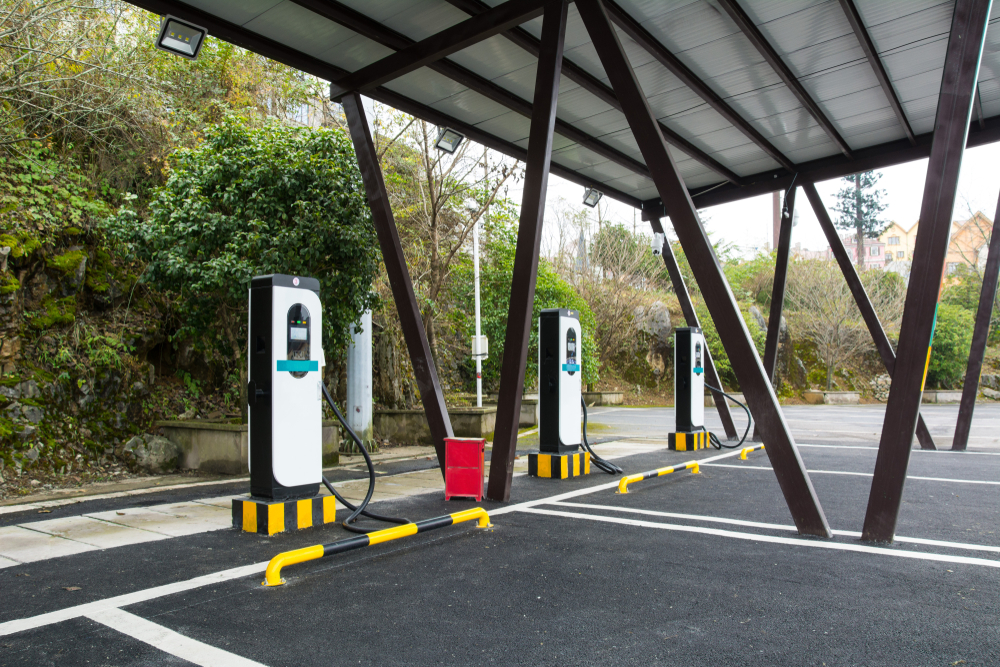
Different manufacturers have developed proprietary charging systems for their electric trucks, leading to a lack of industry-wide standards. This inconsistency creates complications for fleet operators, as they need to install multiple types of chargers. Standardization would streamline infrastructure deployment and make it easier for operators to manage mixed fleets. Encouraging manufacturers to adopt a universal system is vital for efficiency.
Upgrading Maintenance Facilities

Traditional truck maintenance facilities are not equipped to handle electric trucks, which require specialized tools and training. Adapting these facilities to accommodate electric vehicles involves significant upgrades in both equipment and workforce expertise. This transition can be costly and time-consuming for service centers. As the number of electric trucks increases, more facilities will need to undergo these changes to meet demand.
Cold Weather Performance

Electric trucks face performance issues in cold climates, where low temperatures can reduce battery efficiency. In frigid conditions, batteries charge more slowly and lose range faster, which poses a challenge for fleet operations in colder regions. Solutions like heated battery packs or improved insulation are being developed, but these add to the complexity and cost of the vehicles.
Rural and Remote Area Coverage

Extending electric truck infrastructure into rural and remote areas is particularly challenging due to the high costs and lower usage rates. These regions are critical for freight transport but lack the charging infrastructure needed for electric trucks. Building stations in these areas often requires public funding or partnerships with private companies to make it financially viable. This expansion will be necessary to ensure comprehensive coverage across all freight routes.
Integration with Renewable Energy

To maximize the environmental benefits of electric trucks, it’s essential that their charging stations are powered by renewable energy. However, integrating renewables like solar or wind into the charging network requires additional infrastructure, such as energy storage systems. Without this, the environmental advantage of electric trucks is diminished, especially if they rely on electricity from fossil fuel sources. Developing a green energy grid alongside truck infrastructure is crucial for sustainability.
Land Use and Zoning Restrictions
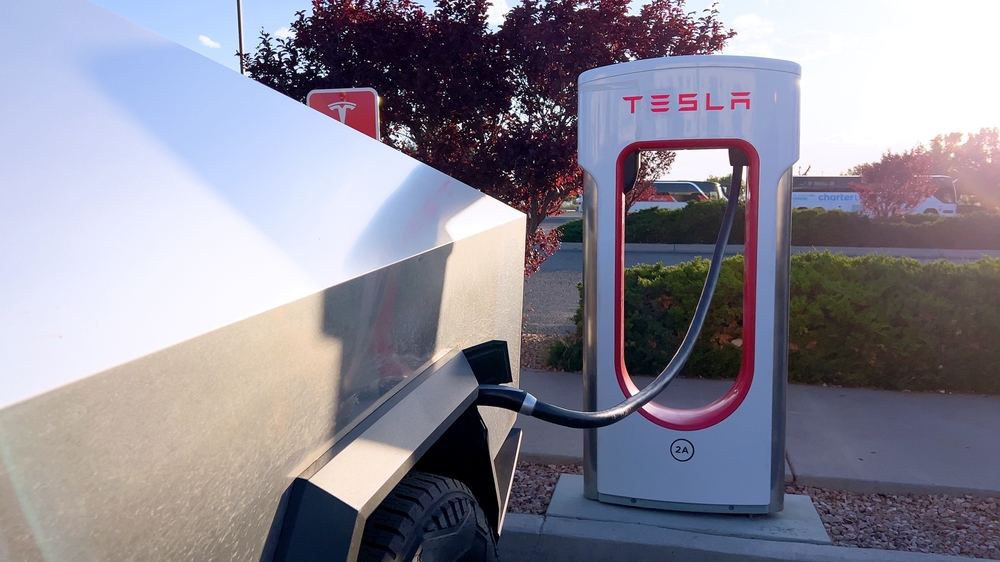
Building charging stations for electric trucks often faces zoning and land use restrictions, especially in urban areas. These regulations can delay the construction of infrastructure, as finding suitable locations for large vehicles to park and charge can be difficult. Modifying zoning laws and finding creative solutions for land use will be important as cities adapt to electric trucking. Addressing these regulatory challenges is key to building a robust charging network.
Long-Term Battery Recycling
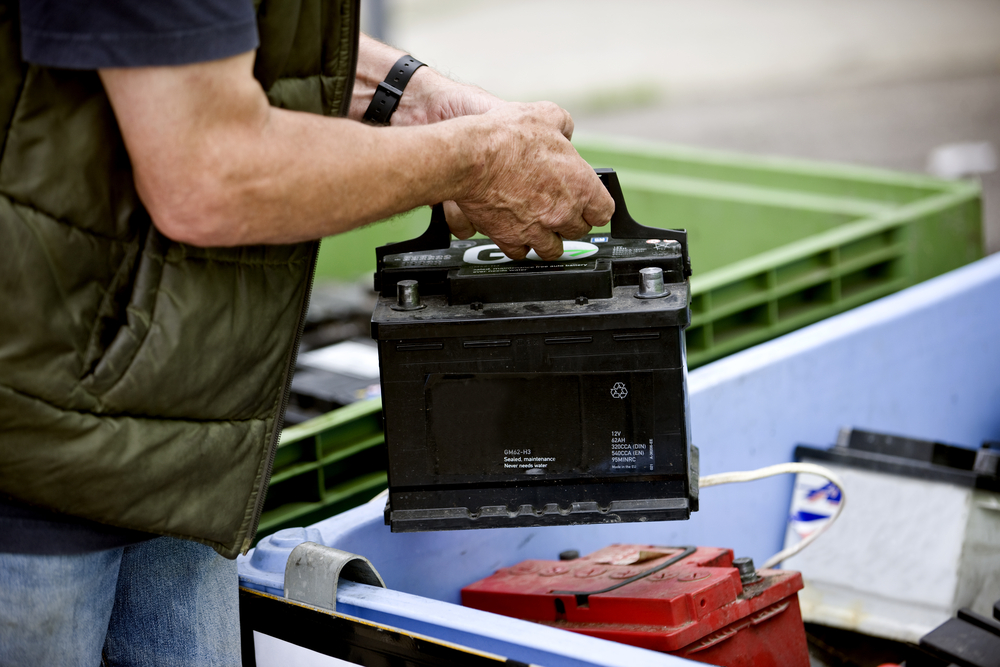
As electric truck fleets expand, the issue of recycling large lithium-ion batteries will become more pressing. These batteries have a limited lifespan and need to be disposed of or recycled safely to avoid environmental harm. Currently, there is a lack of large-scale infrastructure dedicated to recycling truck batteries, which poses a significant challenge.
High Energy Consumption
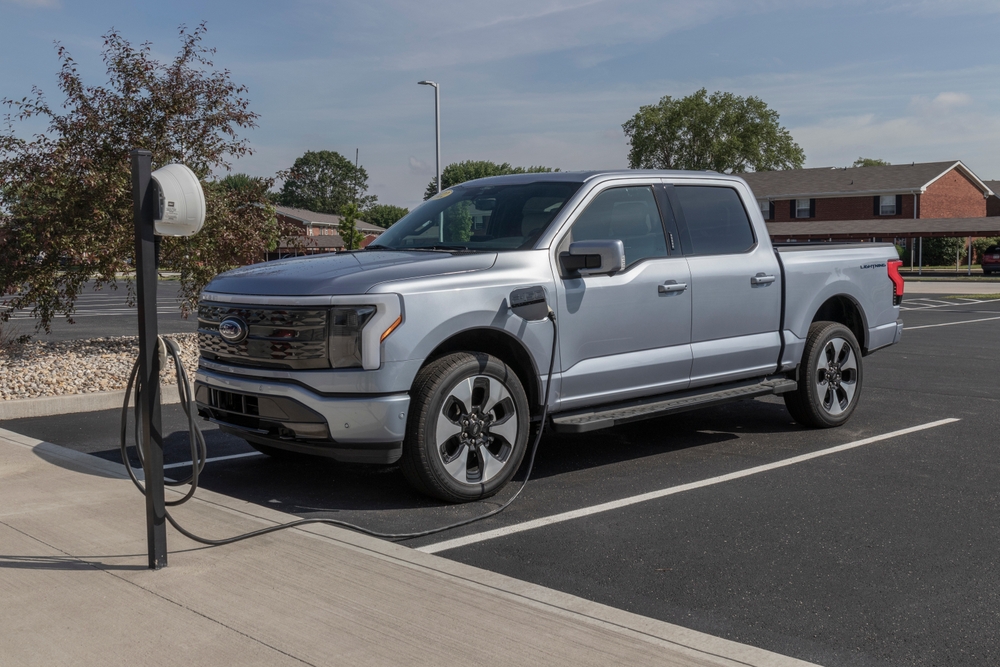
Electric trucks consume far more energy than electric cars, placing significant demand on power grids, especially during peak usage. This higher energy requirement necessitates a robust infrastructure that can meet the needs of multiple trucks charging simultaneously. Failing to plan for this surge in energy use could lead to supply shortages or increased costs. Solutions such as grid upgrades and energy-efficient charging practices will be essential to avoid these issues.
Complex Permitting Processes
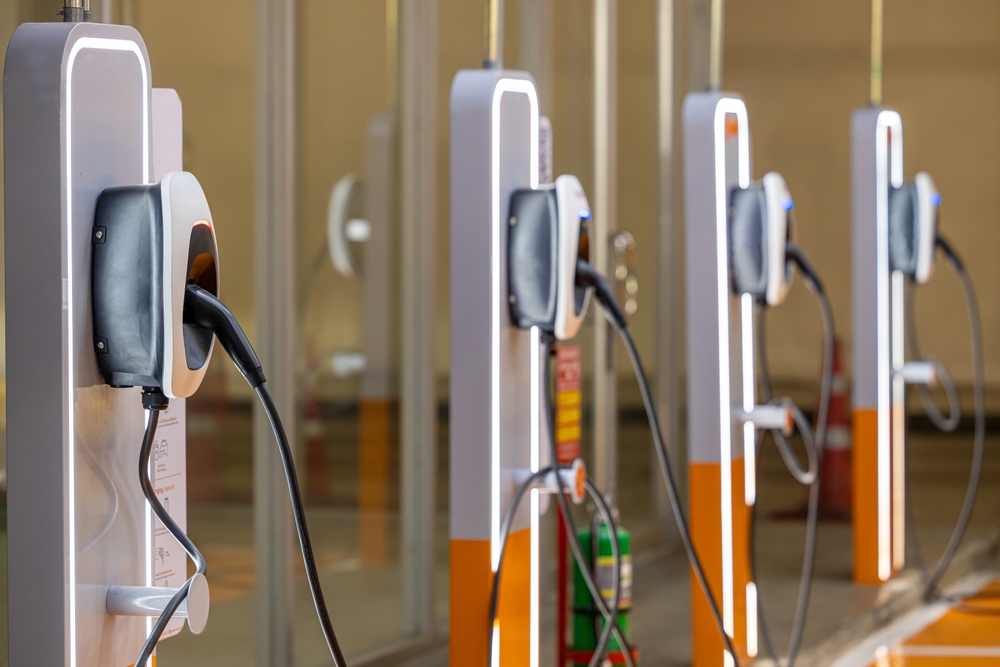
The process of securing permits for building new charging stations can be long and complicated. Regulatory hurdles and bureaucratic red tape often delay construction, slowing the deployment of necessary infrastructure. Simplifying these processes and making it easier for companies to secure permits would expedite the development of electric truck infrastructure. Governments must streamline approval procedures to keep up with the pace of industry growth.
Interoperability with Existing Freight Systems
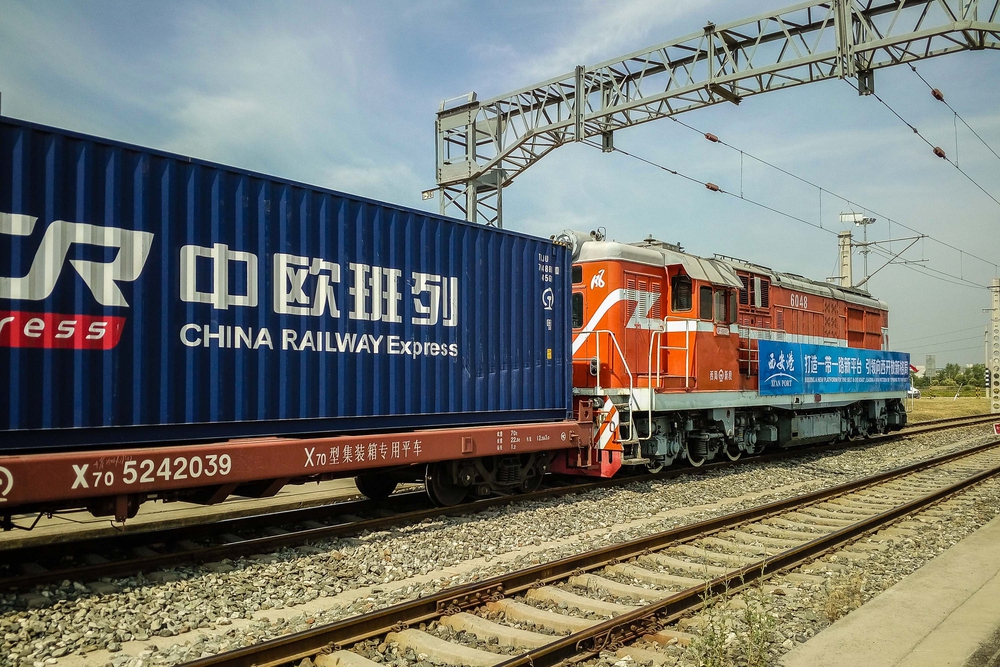
Electric truck infrastructure must integrate seamlessly with the existing freight logistics systems that currently rely on diesel vehicles. Charging stations need to be strategically placed near major distribution hubs, and software must be updated to include electric vehicle management. Ensuring smooth integration without disrupting supply chains requires careful planning and cooperation between logistics companies and infrastructure developers.
Environmental Impact of Construction

The environmental benefits of electric trucks can be undermined by the construction of new infrastructure, which may involve heavy machinery, materials, and processes that generate emissions. Ensuring that charging stations and maintenance facilities are built with sustainable practices in mind is key to maintaining the overall green credentials of electric trucks. This means balancing the immediate environmental cost of construction with long-term benefits.
This article originally appeared in MyCarMakesNoise.
More from MyCarMakesNoise
18 Challenges Facing Electric Cars Today
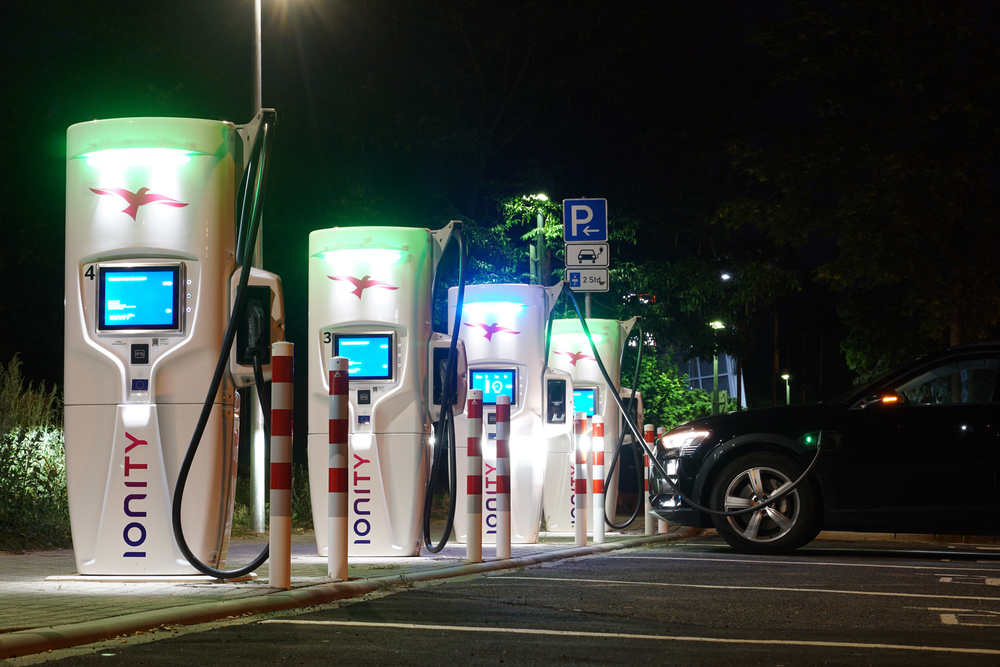
Electric cars have become increasingly popular, but they’re not without their challenges. While they offer impressive technology and eco-friendly benefits, there are still significant drawbacks to consider. Read More.
20 Hybrid Vehicles That Perfectly Blend Efficiency with Power
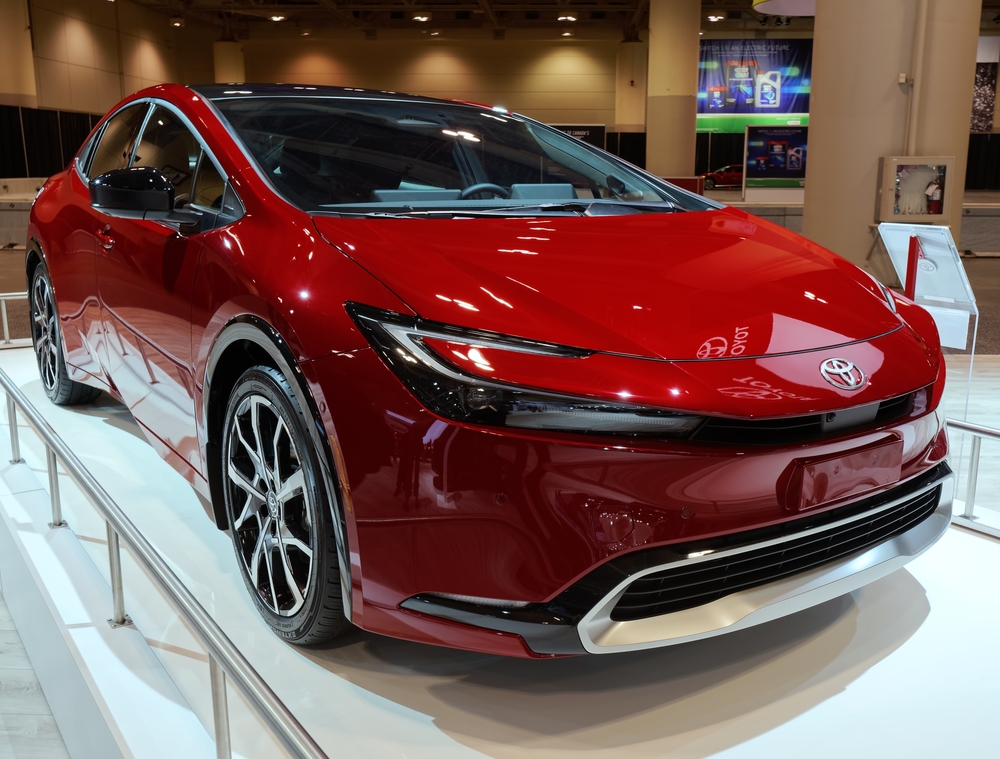
In today’s automotive world, finding a vehicle that offers both power and efficiency is easier than ever, thanks to the rise of hybrid technology. These 20 hybrid vehicles perfectly blend the best of both worlds, delivering the performance you crave while keeping fuel consumption low. Read More.
14 Revolutionary Amphibious Vehicles That Bridged Land and Water

Amphibious vehicles have always captured our imagination, combining the best of land and water travel in one innovative package. These remarkable machines are designed to navigate both terrains seamlessly, making them invaluable in military, rescue, and recreational scenarios. Read More.














